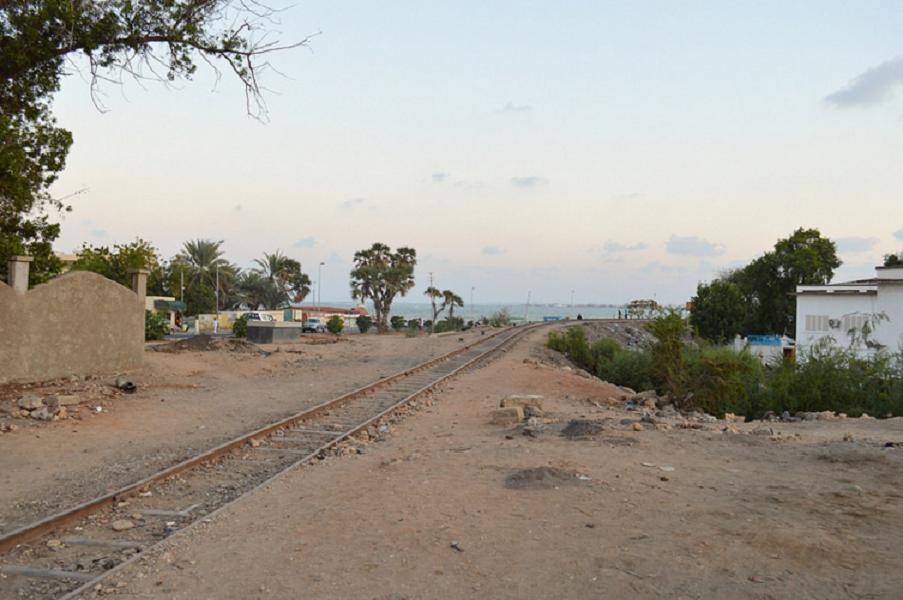According to the 2018 expert panel report on Combatting Money Laundering in BC Real Estate, money laundering activity is a rapidly growing issue in Canada. The industry, estimated to be worth $41.3 billion in 2015, grew 11.6% in only three years to an astounding $46.7 billion in 2018. In 2020, the Criminal Intelligence Service of Canada estimated that money laundering in the country is worth up to $113 billion per year.
In British Columbia, laundering is known to support transnational organized crime rings, including Mexican and Colombian cartels, and Asian and Middle Eastern organized crime syndicates. Criminal networks such as these are linked to illicit drug trafficking, terrorism, and human trafficking. As a member of NATO, the UN, and as an advocate of the rules-based international order, Canada has international commitments to combat the illicit drug trade and human trafficking, and support counter-terrorism efforts. Canada’s failure to prevent money laundering on its own soil not only affects Canadians; it affects countries across the world that are exposed to these transnational threats and goes against the spirit of international agreements Canada has pledged to uphold.
When criminals want to use the proceeds of their crimes, they often use criminal networks or hire individuals or organizations to launder their money in countries with weak anti-money laundering regimes. First, the launderer moves illicit funds from their place of origin to a legitimate economy, like placing them in a Canadian bank. Second, they disguise the money’s origins by transferring it multiple times to different accounts to sever the paper trail. Third, the launderer uses the formerly illicit money for transactions to make the money seem legitimate. This often takes the form of business transactions using shell corporations, real-estate transactions, gambling at casinos, or buying luxury products.
Canada’s anti-money laundering regime consists of over 13 agencies and departments and various pieces of legislation. Not only is money laundering an illegal activity across the country, but in 2000, the Government of Canada also created the Proceeds of Crime (Money Laundering) and Terrorist Financing Act, establishing federal legal regulations aimed to prevent money laundering activities and the Financial Transactions and Reports Analysis Centre of Canada (FINTRAC) to analyze suspicious financial transactions and provide actionable intelligence to law enforcement agencies.
This regime seems robust in theory, but in practice, the system still fails to prevent a lot of money laundering within its jurisdiction. Despite Canada’s federal and provincial governments giving considerable legislative and financial attention to money laundering, Canada is internationally recognized as a money laundering haven. Criminals are known to capitalize on Canada’s image as a stable modern liberal democracy to convince their clients to launder their money there – even earning the activity its own idiosyncratic Canadian title: snow-washing.
In June, 2022, the highly anticipated Commission of Inquiry into Money Laundering in BC report was publicly released, critiquing Canada’s anti-money laundering regime and explaining how money laundering operates in the country. The provincial commission began in 2019 and was led by BC Supreme Court Justice Austin F. Cullen. It produced one 1808-page report consisting of over 1000 pieces of evidence and data from 133 hearing days. It found that Canada’s anti-money laundering regime is ineffective and in need of revision if the country is to combat the transnational organized crime threats that launder illicit money within its borders.
Cullen’s report offers 101 recommendations, but most importantly, it advocates for the creation of a national corporate beneficial property ownership registry, the formation of provincially focused anti-money laundering units, and the revision of reporting requirements in Canada’s casinos and mortgage and real estate sectors. Cullen argued that the creation of a pan-Canadian beneficial ownership registry would ‘unmask’ the owners of companies in Canada, making it more difficult for criminals to set up shell-companies there. Reflecting his criticism of FINTRAC, Cullen also recommended that an independent office within the provincial legislature be created in BC to focus on money laundering and work alongside existing agencies. These recommendations, as well as updating financial reporting requirements, are an important step towards reducing the prevalence of money laundering in Canada.
The Government of Canada and the country’s provincial governments need to accept Cullen’s report as proof that the country’s anti-money laundering regime is not working. In order to honour its international commitments and values, and reduce money laundering activities in the country, Canada must follow Cullen’s recommendations to create a national corporate beneficial ownership registry, form province-specific anti-money laundering units, and update their financial reporting requirements. Overall, Cullen’s report told Canadian governments and the world what many already knew: Canada’s anti-money laundering regime is falling short of its goals and requires attention, time, and financing to have a chance at eliminating this flourishing criminal industry.
Photo: A picture of a snowy city street at night via Distinct Mind on Unsplash, October 28, 2021
Disclaimer: Any views or opinions expressed in articles are solely those of the authors and do not necessarily represent the views of the NATO Association of Canada.





